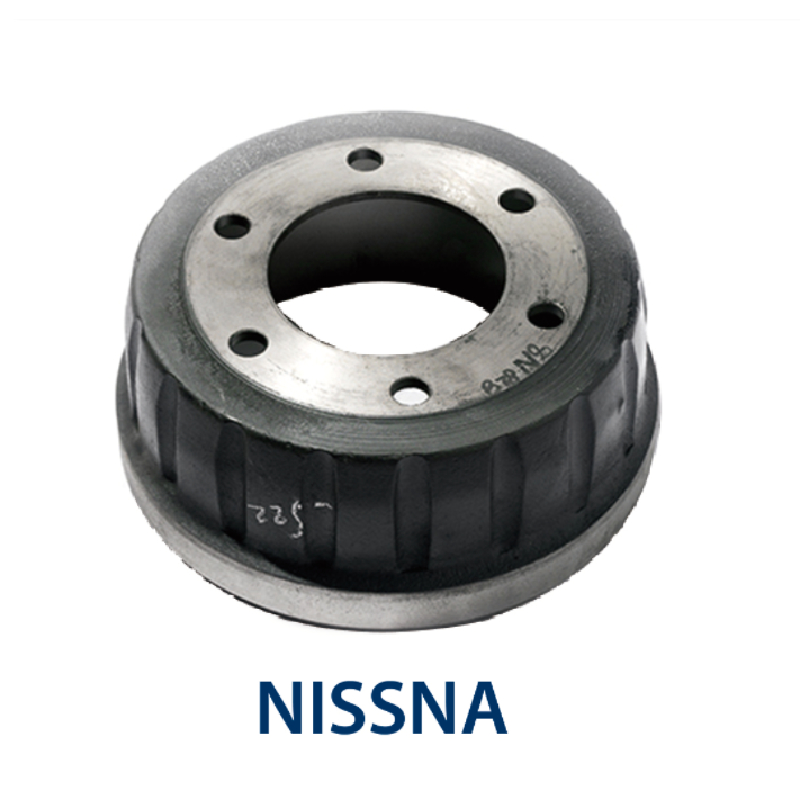1 月 . 15, 2025 09:33 Back to list
volvo truck drum brakes
The brake drum serves as a critical component on any heavy-duty truck, ensuring safety and performance on the road. Understanding the nuances of brake drums can greatly influence their performance and longevity, which is why having experience and expertise in this area is crucial.
The trustworthiness of a brake drum lies in its certification and manufacturer reputation. Choosing products from reputable manufacturers who rigorously test their components ensures reliability. Industry leaders offer warranties that not only serve as a testament to the quality of their products but also provide peace of mind to fleet operators. These warranties often cover defects in materials and workmanship, which can be pivotal in reducing the overall cost of ownership. Truck operators share their experiences, highlighting the long-term benefits of investing in high-quality brake drums. A cost analysis often reveals that while premium products might have a higher upfront cost, the reduced frequency of replacements, lower maintenance needs, and enhanced safety margins offer significant savings over time. Fleet managers are also becoming increasingly conscious of the environmental impacts and legislative requirements related to brake systems, prompting some to turn to advanced composite materials that promise not only improved performance but also reduced environmental impact. In conclusion, selecting the appropriate brake drum for a truck is a decision that requires a balance of experience, expertise, and authoritative input. The investment in quality brake drums, thorough understanding of vehicle specifications, and adherence to maintenance best practices are cornerstone elements that ensure the safety, efficiency, and reliability cargo transport demands in today’s fast-paced world.


The trustworthiness of a brake drum lies in its certification and manufacturer reputation. Choosing products from reputable manufacturers who rigorously test their components ensures reliability. Industry leaders offer warranties that not only serve as a testament to the quality of their products but also provide peace of mind to fleet operators. These warranties often cover defects in materials and workmanship, which can be pivotal in reducing the overall cost of ownership. Truck operators share their experiences, highlighting the long-term benefits of investing in high-quality brake drums. A cost analysis often reveals that while premium products might have a higher upfront cost, the reduced frequency of replacements, lower maintenance needs, and enhanced safety margins offer significant savings over time. Fleet managers are also becoming increasingly conscious of the environmental impacts and legislative requirements related to brake systems, prompting some to turn to advanced composite materials that promise not only improved performance but also reduced environmental impact. In conclusion, selecting the appropriate brake drum for a truck is a decision that requires a balance of experience, expertise, and authoritative input. The investment in quality brake drums, thorough understanding of vehicle specifications, and adherence to maintenance best practices are cornerstone elements that ensure the safety, efficiency, and reliability cargo transport demands in today’s fast-paced world.
Next:
Latest news
-
Brake Drum for Kamaz Trucks Durable OEM Replacement & High Performance
NewsMay.30,2025
-
Brake Drum Man High-Quality Drum Brake & Shoe Solutions
NewsMay.30,2025
-
High-Performance Brake Drum for Kamaz Trucks Durable Drum Brake Components
NewsMay.29,2025
-
Brake Drum Man High-Quality Drum Brake Drums & Brake Shoes
NewsMay.29,2025
-
Brake Drum MAZ High-Performance & Durable Replacement Parts
NewsMay.29,2025
-
heavy truck brake drums
NewsMar.07,2025
